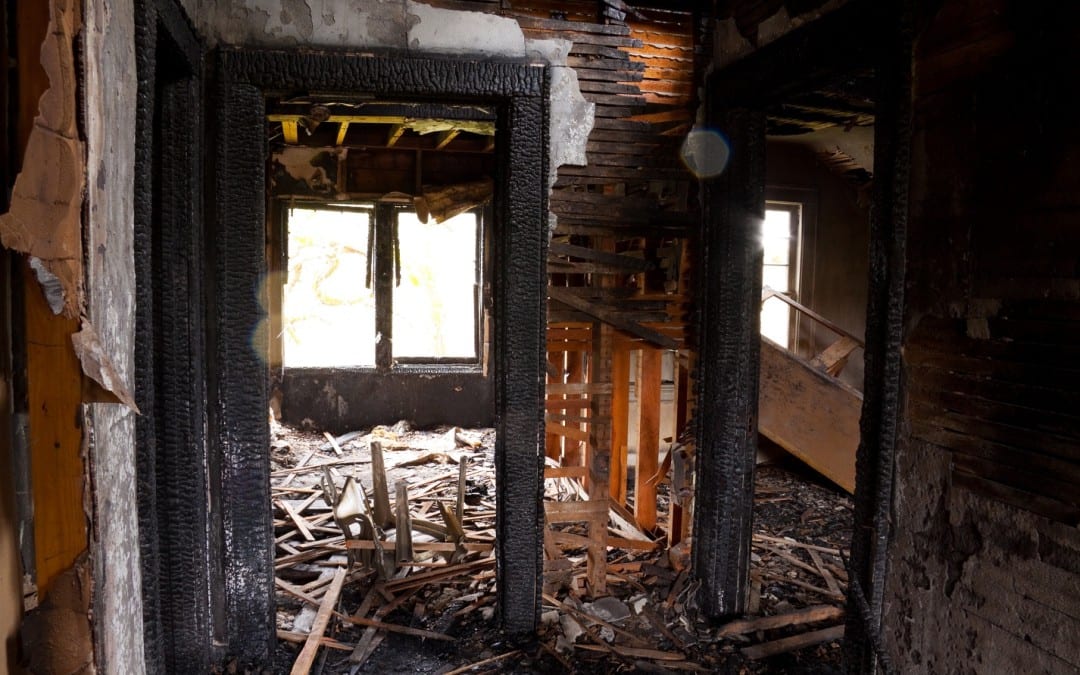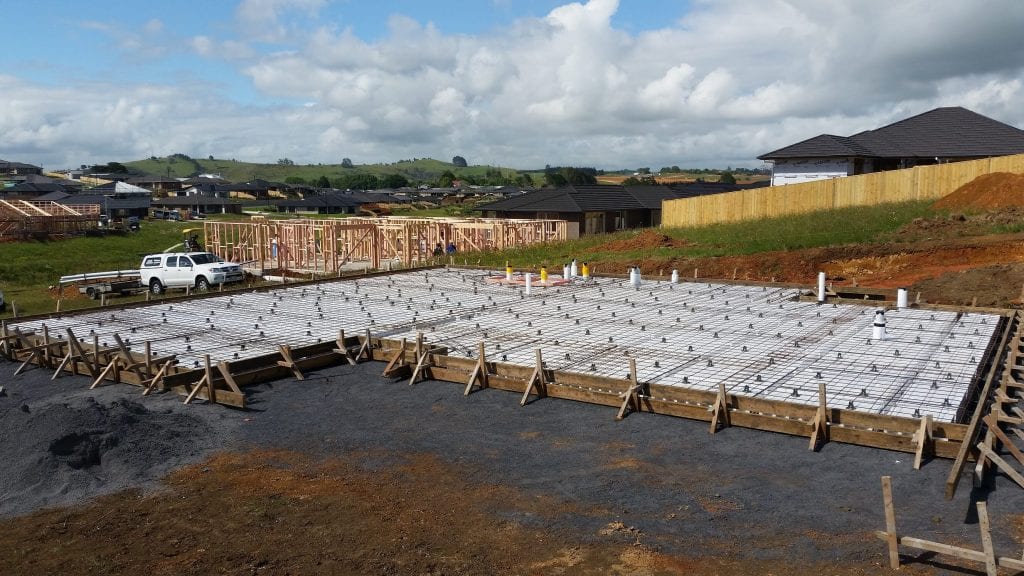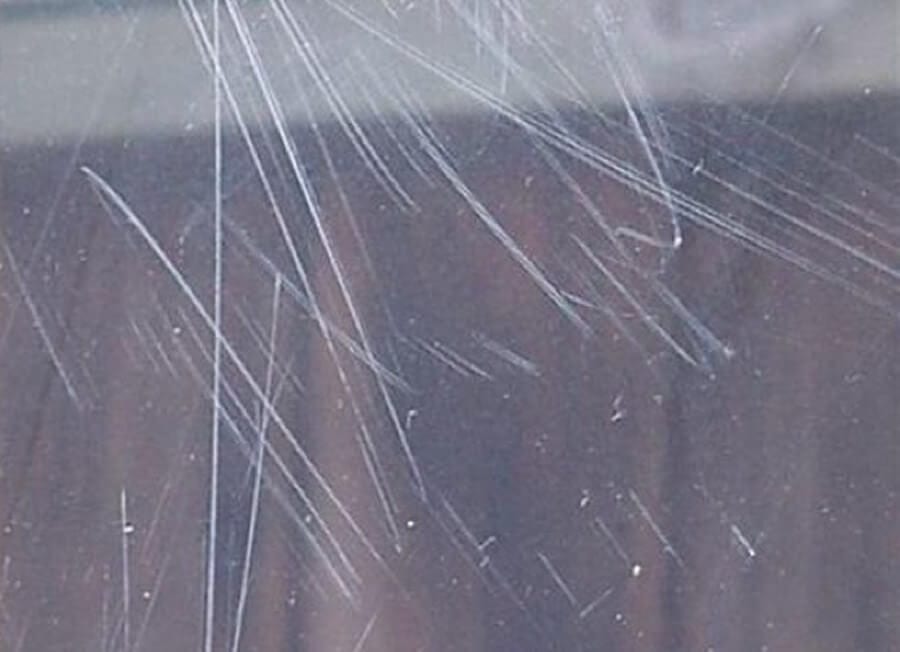This is probably the most common question we get at Builtin. It’s crucially important to tradies that they understand the answer, as, depending on who your policy is with, there are things public liability doesn’t cover that you need to be aware of.
As an aside:
Twice this week we’ve been contacted by builders who have been told by their brokers that they don’t need contract works insurance because they have public liability cover in place. Wrong! Public liability doesn’t cover any of the hazards insured by a contract works policy, including theft, vandalism, natural disasters or accidental damage to the contract works including from fire, flood, storm etc.
The broad description (the “insuring clause”)
The policy coverage is quite broad. It covers your liability for accidental damage or loss to someone else’s property. This includes the loss of use of property that isn’t physically damaged. It also covers your liability for personal injury (except to employees) that isn’t covered by ACC.
It includes resultant damage, or downstream losses, such as the lost income to a restaurant that had to close because their power was knocked out by someone cutting an underground cable. Or the damage to carpets and walls from a leak caused when installing a skylight.
Some policies also cover damage caused by faulty workmanship, something that is often excluded but is a valuable extra cover for builders & tradies.
The policy will also cover legal defence costs related to the claim.
| EXAMPLE* | COVERED BY PUBLIC LIABILITY? |
| Hit underground utility | Y |
| Undermined neighbouring house’s foundations | Y |
| Damaged kitchen benchtop while installing rangehood | Y |
| Materials stolen from site | N (covered by a contract works policy) |
| Vehicle backs into house | N (covered by a vehicle policy) |
| Spilt paint on carpet | Y |
| Shoddy tiling installation | N (unless it has caused damage) |
| Ceiling height built lower than shown on plan | N |
| Water leaked due to faulty installation of pipe fitting | Y |
*These examples are generic. Every claim scenario is different and whether a claim is covered will depend on the specific circumstances of that particular claim at that time.
What doesn’t it cover?
This is probably the second most common question we get asked! And it’s equally important. The policy doesn’t cover:
- Things that aren’t damaged, or where there is no loss of use
- Your products and things you own
- Events you’re not responsible for
- Where there is no loss to a third party
In addition, there are specific exclusions noted in the policy to take out things that insurers don’t intend the policy to cover. Some common examples are:
- Failure of a building to meet the requirements of the Building Code
- Mould, rot, gradual deterioration
- Fines & penalties (covered by statutory liability – except H&S fines)
- Anything related to Asbestos
- Defective materials & design
- Professional advice or service (covered by professional indemnity)
- Liability from using a road registered vehicle (covered by the vehicle’s policy)
Why doesn’t it cover the contract works?
This is mostly because a contract works policy should be in place. This covers a much broader set of risks to a construction project (eg. theft, vandalism, natural disasters).
Also, when you enter a contract to do any work it’s your responsibility to finish it as promised. So, any damage you’re responsible for is your problem to sort out (at your cost – or claimed under contract works insurance) until the contract is complete. Since there is no loss to a third party there can be no public liability claim.
However, if you’re doing a renovation or extension for example and cause damage to the existing structure then that could be a public liability claim. This is because the existing structure is outside the contract works and you can be held liable for damage to it.
What’s that about faulty workmanship?
Another common misunderstanding is that if your policy includes the “faulty workmanship extension” then faulty workmanship is covered. As in, “my subbie did a bad job of the tiling/bricklaying/flooring/gibstopping/roofing and it needs to be ripped out and redone”.
That would seem logical given the name of the extension, but frustratingly, in most insurer’s policies this is not the case.
Because extensions are always subject to the policy’s original insuring clause (see earlier), to be a valid claim the defective work must have caused property damage (or loss of use of undamaged property). Without this, there can’t be a claim for faulty workmanship.
The best way to ensure the broadest possible cover in these situations is to have professional indemnity insurance too. This covers you for claims of compensation for mistakes made in your professional service (eg. your building, plumbing, roofing, electrical, tiling, concreting or other trade activity). You can find out more and get an instant quote at: www.builtin.co.nz/PI.
Other key points
There are a few scenarios where claims could be declined if the insured does not meet specific responsibilities under the policy. For example:
- Hot work: taking the right precautions to reduce the risk of fire
- Glass: following best practice to minimise the chance of damage, particularly during cleaning or by concrete splashes or grinding sparks
- Underground services: their location must be checked with Council and steps taken to minimise the risk of hitting them
In a nutshell
Public liability covers your liability for accidental damage to someone else’s property. Some things are excluded, and others are only covered if you have followed the right practices, so make sure you’ve read and understood your policy. Public liability is not a substitute for contract works insurance and most policies don’t cover faulty workmanship if there is no property damage or loss of use.





